“Situation ever harder for Serb returnees”
72,000 of the 200,000 Serbs driven out of Croatia 13 years ago during <a href="http://www.b92.net/eng/news/politics-article.php?yyyy=2008&mm=08&dd=04&nav_id=52423" class="text-link" target= "_blank">Operation Storm</a> have since returned.
Monday, 04.08.2008.
10:18

72,000 of the 200,000 Serbs driven out of Croatia 13 years ago during Operation Storm have since returned. Director of the Veritas Center for Information and Documentation Savo Strbac says that two major problems are preventing Serbs from returning to Croatia: secret war crimes indictments, and the loss of their residential rights. “Situation ever harder for Serb returnees” Serbs who return to Croatia face harsh living conditions, a lack of electricity, and drinking water. Strbac says that returnees have virtually no chance of finding employment. The Croatian authorities have submitted around 4,000 secret war crimes indictments, of which only 62 refer to members of the Croatian armed forces. So far, 3,660 indictments have been processed. Strbac says that Serbs feared returning, because of the possibility that their names might be on the indictment lists. "Time and again, new criminal charges are being pressed, returnees are being arrested, Serbs are being arrested who are only passing through Croatia. This year we have had six or seven arrests. Each arrest has a negative impact on potential returnees,” he explains. Serbs who once owned flats in Croatia cannot return to them, because they have lost their residential rights. Most of the flats were either sold or privatized in 1992, or returned to state ownership as a final resort. The Croatian authorities have solved this problem by according so-called temporary accommodation to those who used to have residential rights. Strbac says that returnees who register for this scheme never get their old flats back, but something completely different. “The flats cannot be left as inheritance, and cannot be bought. So, these 4,000 Serbs, who earlier submitted applications for accommodation for themselves and their families, are giving up,” he says. According to statistics, 1,400 Serbs returned to Croatia last year, with 3,800 Serbs going the other way. Strbac says that at that rate, there would be no Serbs left in Croatia soon. The Veritas dircetor says that by 2011, when the next census is due to take place, Tudjman’s projections that “the Serb issue, as a destabilizing factor, would be solved only when they constituted less than three percent of the population,” could be achieved. He says that the return of residential rights and revisions of indictments would boost the number of returnees, adding however, that the Croatian authorities are reluctant to assist Serbs in facilitating their returns. Refugees from Croatia in one of Serbia's collective centers (Beta, archive)
“Situation ever harder for Serb returnees”
Serbs who return to Croatia face harsh living conditions, a lack of electricity, and drinking water. Štrbac says that returnees have virtually no chance of finding employment.The Croatian authorities have submitted around 4,000 secret war crimes indictments, of which only 62 refer to members of the Croatian armed forces. So far, 3,660 indictments have been processed.
Štrbac says that Serbs feared returning, because of the possibility that their names might be on the indictment lists.
"Time and again, new criminal charges are being pressed, returnees are being arrested, Serbs are being arrested who are only passing through Croatia. This year we have had six or seven arrests. Each arrest has a negative impact on potential returnees,” he explains.
Serbs who once owned flats in Croatia cannot return to them, because they have lost their residential rights. Most of the flats were either sold or privatized in 1992, or returned to state ownership as a final resort.
The Croatian authorities have solved this problem by according so-called temporary accommodation to those who used to have residential rights.
Štrbac says that returnees who register for this scheme never get their old flats back, but something completely different.
“The flats cannot be left as inheritance, and cannot be bought. So, these 4,000 Serbs, who earlier submitted applications for accommodation for themselves and their families, are giving up,” he says.
According to statistics, 1,400 Serbs returned to Croatia last year, with 3,800 Serbs going the other way.
Štrbac says that at that rate, there would be no Serbs left in Croatia soon.
The Veritas dircetor says that by 2011, when the next census is due to take place, Tuđman’s projections that “the Serb issue, as a destabilizing factor, would be solved only when they constituted less than three percent of the population,” could be achieved.
He says that the return of residential rights and revisions of indictments would boost the number of returnees, adding however, that the Croatian authorities are reluctant to assist Serbs in facilitating their returns.













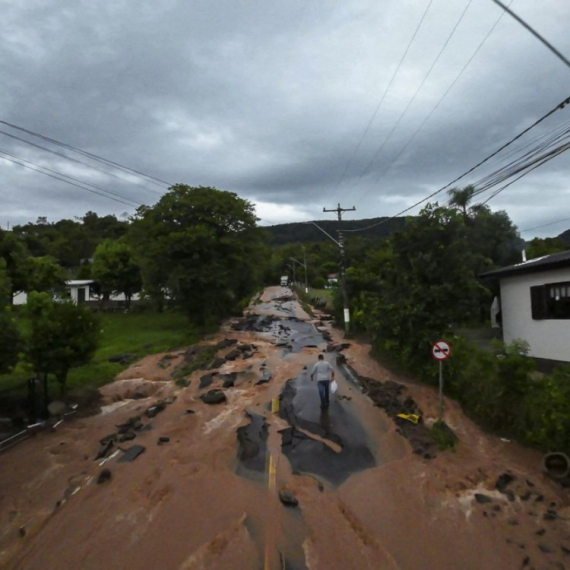
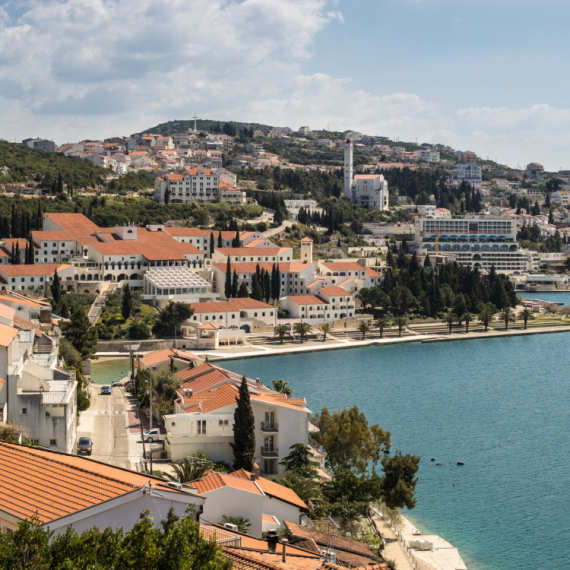
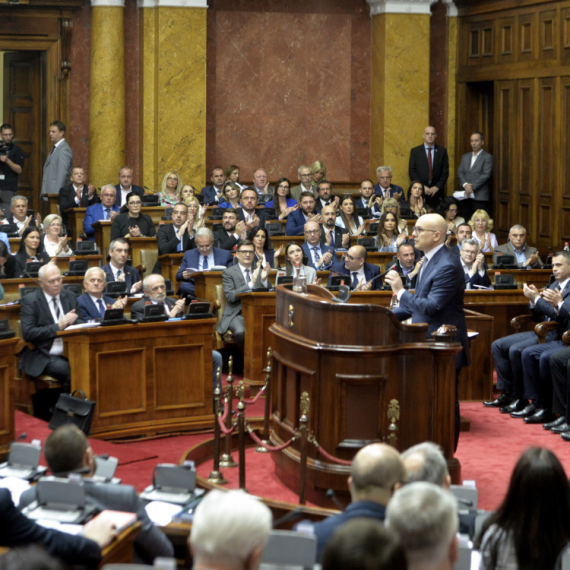

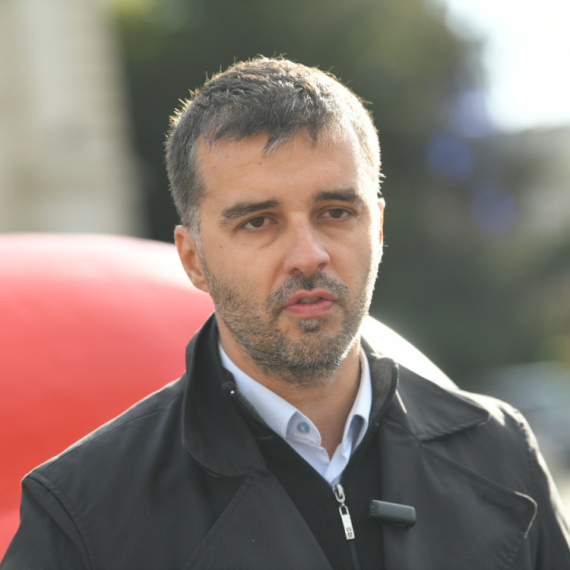




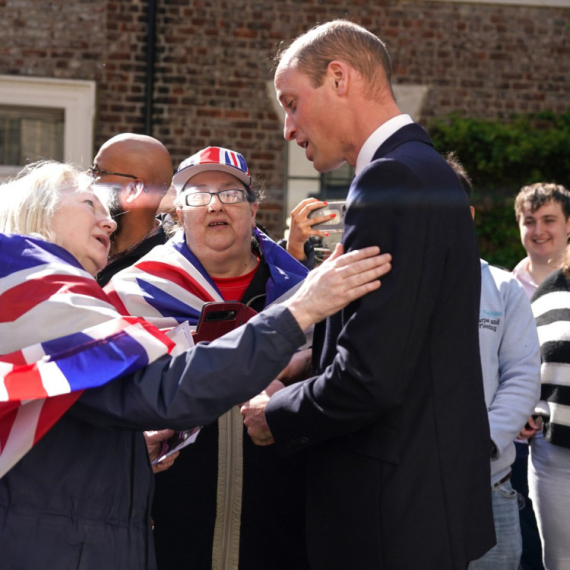





















Komentari 7
Pogledaj komentare